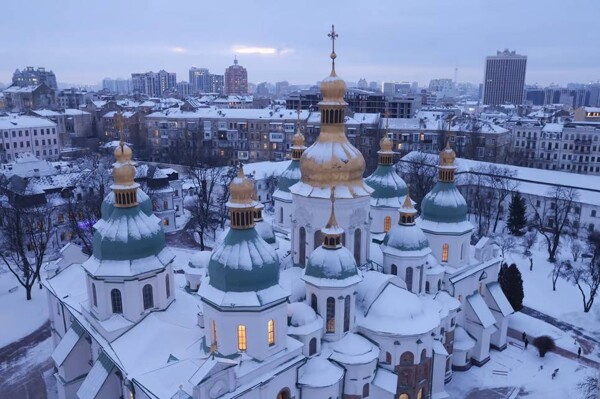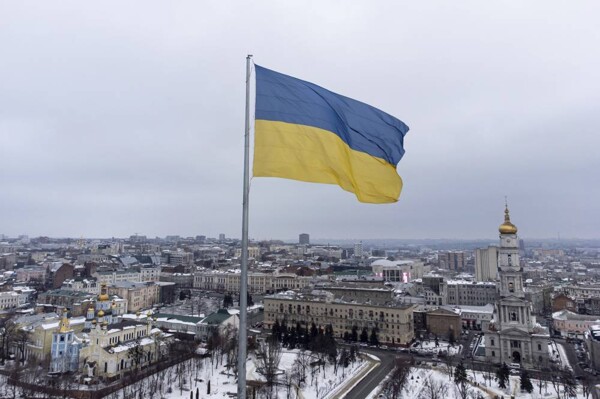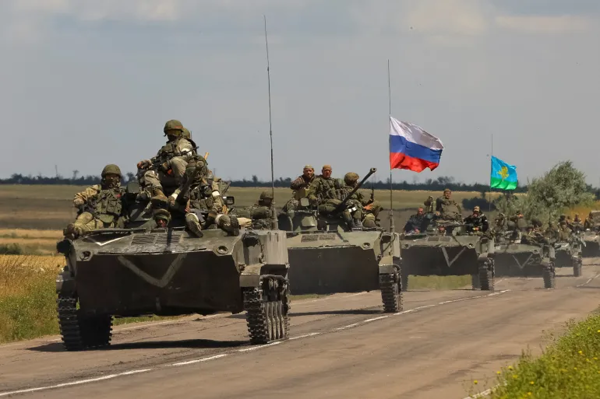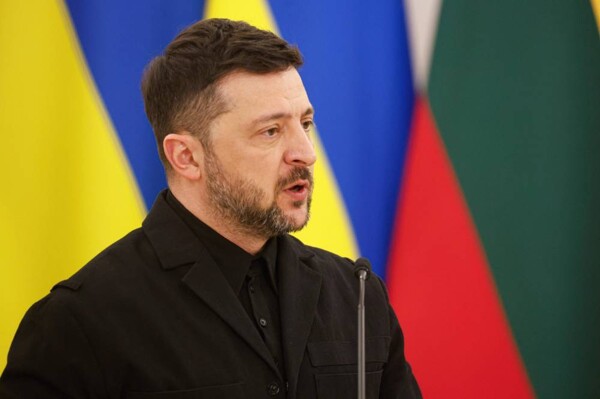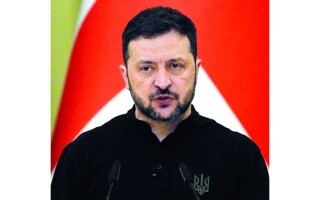
The war in Ukraine, which will enter its fourth year at the end of February, is widely known as the War of Invasion. Comparing the maps of the battlefields today and what they were at the beginning of 2024, it is hard to find any significant differences between them. The exception being the initial Russian attack in February 2022 and the subsequent Ukrainian counteroffensive in the same year, larger and more widespread regional breaches were nonexistent. Movement away from the 620-mile frontline remained slow, muted, and perpetuating.
"For Kyiv, this is an unfortunate case; usually, in wars of invasion, the weight tends to lean towards that side, which has greater resources. However, Ukraine has less population than Russia to send to war (the population of Russia is four times larger than that of Ukraine), and the Ukrainian economy constitutes only one-tenth of the Russian economy," the experts note.
Despite the bigger loss of forces, Russia is still managing to recruit enough personnel to continue strengthening its ranks. Not so with Ukraine, which suffers from a shortage of workforce. For example, the solution to the seizure of Russian Kursk instead of adopting a full-scale strategy and reinforcing positions in Donbass.
Ukrainian President Volodymyr Zelenskyy remains distanced from reality on the ground. Initially, he was resolutely against Russia’s withdrawal for ending the war, but in November 2022 he presented a first plan for peace when the Ukrainian army found itself at the peak of its victories. A significant turning point in events.
Currently, all questions are directed towards how these negotiations will unfold, whether former U.S. President Donald Trump might bring Zelenskyy and Russian President Vladimir Putin to the negotiating table, and what eventual resolution of the war will be.
Although neutrality for Ukraine may initially appear distant, it may imply a temporary relief from the threat posed by Russia. According to analysts, refusal to join NATO or any other security agreements with the West will only confirm the harsh reality.
All these assertions are not entirely credible. Ukraine is not obliged to be weak if it becomes neutral. On the contrary, neutral Ukraine may develop economic relations with other countries, build a strong army for deterrence, expand diplomatic agreements, or even sign mutual defense agreements with the West. This only confirms reality.
Diplomacy has become an inseparable part of societal discourse, reflecting the concerns of more conscious individuals and their opportunities, including Europeans, who usually sit with folded hands waiting for directions from Washington.
Although the idea of neutrality for Ukraine may seem difficult to digest, for many it is an important victory affirming Ukraine's independence from Moscow as well as the West.











